Tariff delay for electric cars: enough to recharge the EV market?
Car industry says a delay to the EU levy will 'support consumer choice and affordability'
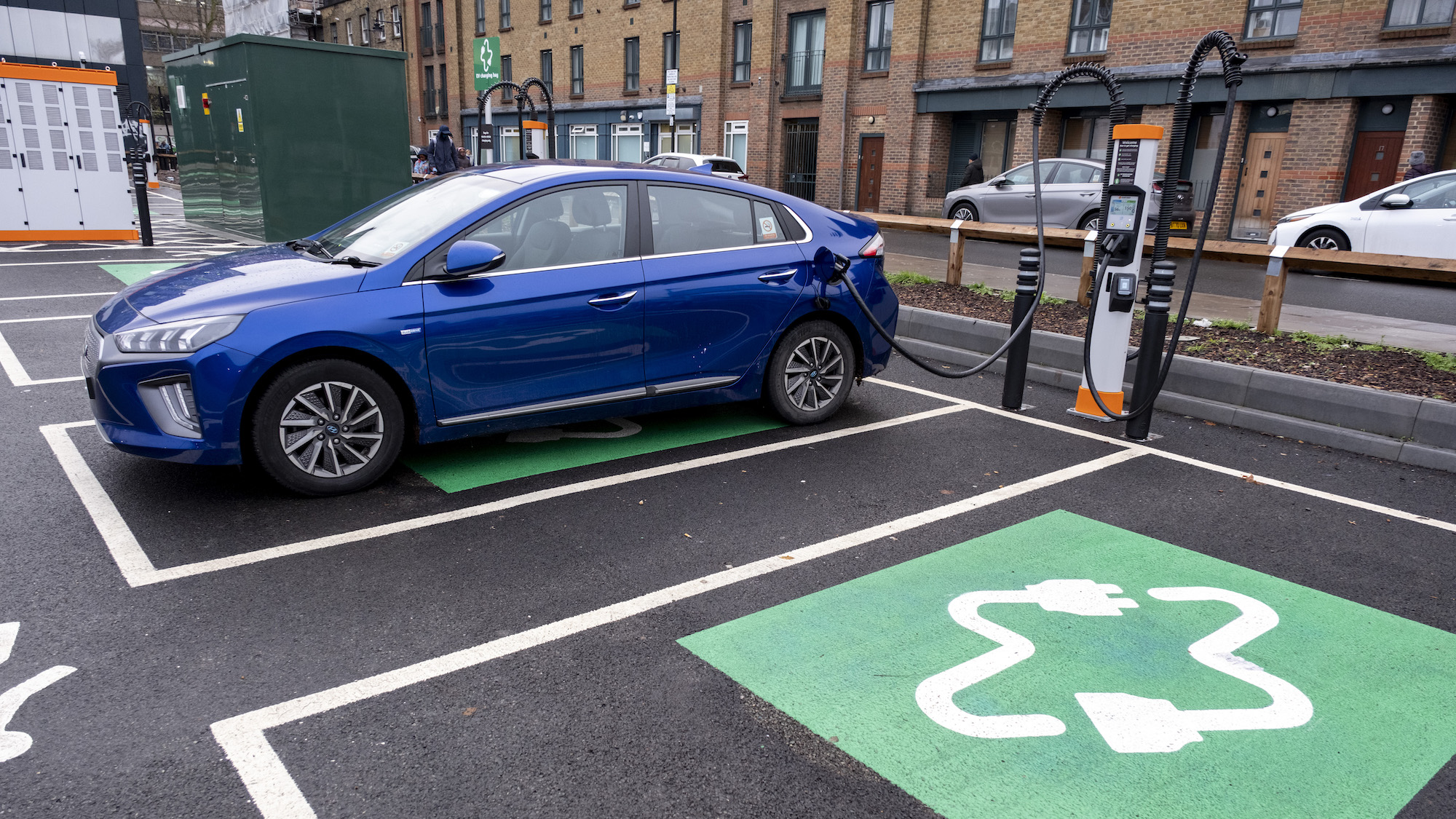
A free daily email with the biggest news stories of the day – and the best features from TheWeek.com
You are now subscribed
Your newsletter sign-up was successful
The EU plans to delay a tariff on electric vehicles that could have seen a 10% rise in the cost of many models from January.
According to The Telegraph, the European Commission will imminently approve the delay of the post-Brexit tariff on electric car batteries sourced outside of the UK or EU, and provide a "boost for vehicle manufacturers on both sides of the Channel".
The news comes as figures suggest that electric vehicle (EV) sales in the UK dived in November, falling by 17.1%, according to the Society of Motor Manufacturers and Traders (SMMT). The slump "outpaced" even the almost 10% drop during the first Covid-19 lockdown, and follows Rishi Sunak's announcement in September that the ban on the sale of new petrol and diesel vehicles would be delayed from 2030 to 2035.
The Week
Escape your echo chamber. Get the facts behind the news, plus analysis from multiple perspectives.

Sign up for The Week's Free Newsletters
From our morning news briefing to a weekly Good News Newsletter, get the best of The Week delivered directly to your inbox.
From our morning news briefing to a weekly Good News Newsletter, get the best of The Week delivered directly to your inbox.
It was a move criticised by carmakers, who say it will "knock consumer confidence in electric cars", added The Telegraph. The industry is hopeful that delaying the tariff will "remove one dark cloud hanging" over European EV manufacturers, said The Guardian, and enable them to target private consumers without rising costs.
'Grimmer than it looks'
Overall, the new car market "continues to recover" following the pandemic, said SMMT chief executive Mike Hawes. Indeed, the latest figures show new car sales are up 18.6% so far year-on-year and even battery electric vehicles are up overall by 27.5% in the year to November. But that growth is "driven entirely by fleets investing in the latest vehicles", the SMMT said, while "private demand" for EVs remained "depressed" with consumers appearing to move towards plug-in hybrids and petrol cars.
To stimulate growth, private buyers need to be given "incentives" by governments with "sensible steps" taken that will "promote rather than penalise the transition" to EVs, said Hawes.
Sunak's decision to push back the ban on new petrol and diesel cars is contrary to this idea, said Peter Campbell in the Financial Times. The delay sends a message to consumers that "they can wait for another five years" to invest in EVs.
A free daily email with the biggest news stories of the day – and the best features from TheWeek.com
That's not the only consequence of the prime minister's decision either, explained Ross Clark in The Spectator. Sunak may have "relaxed" the petrol car ban, but he has "not touched" mandated targets that require 22% of carmakers' production to be EVs. If they fail to do so, they could face fines of "£15,000 per car".
It means the position for manufacturers "is grimmer than it looks", added Clark. Unless they can work out "some way of shifting their electric cars" it remains "hard to see how some of them will be able to continue in the UK market".
'A one-way street to EVs'
This difficult position left carmakers even more "fearful" of a potential levy hitting exports if they failed to begin sourcing batteries, the "most expensive component" of EVs, from within Europe and the UK, the Guardian said. Manufacturers were significantly behind in securing their access to crucial raw materials before the 1 January 2024 target.
The European Commission's potential delay would allow manufacturers to "ramp up local battery production", but will almost certainly be good news for carmakers across Europe who "warned that the policy would hit EVs extremely hard" and lobbied "heavily" against the "looming tariff", said The Telegraph.
The SMMT added that a delay to the tariff would "support consumer choice and affordability", while industry figures had also warned that "subsidised Chinese EV makers would be the only victors" if the tariff was imposed too soon, said the i news site.
Despite the "political headwinds" and the "tightening emissions rules", the "road to EVs" is expected to be a "one-way street", wrote Campbell in the FT. But the way to reach a bigger market share is not only about price but about allaying "motorists' worries" about charging and battery life with "a widescale expansion of the charging infrastructure". While "attracting investors" into that field is "still difficult", there are some operators "ramping up their installations".
The charging network has, in fact, increased by 43% over the past year, according to the government, wrote Clark, which may "go some way to answering complaints" about the barriers to EVs. Nevertheless, "private motorists are showing little interest", he concludes, and it is the "buying public, as much as the cars themselves, which seems in need of a recharge".
Richard Windsor is a freelance writer for The Week Digital. He began his journalism career writing about politics and sport while studying at the University of Southampton. He then worked across various football publications before specialising in cycling for almost nine years, covering major races including the Tour de France and interviewing some of the sport’s top riders. He led Cycling Weekly’s digital platforms as editor for seven of those years, helping to transform the publication into the UK’s largest cycling website. He now works as a freelance writer, editor and consultant.
-
 The Olympic timekeepers keeping the Games on track
The Olympic timekeepers keeping the Games on trackUnder the Radar Swiss watchmaking giant Omega has been at the finish line of every Olympic Games for nearly 100 years
-
 Will increasing tensions with Iran boil over into war?
Will increasing tensions with Iran boil over into war?Today’s Big Question President Donald Trump has recently been threatening the country
-
 Corruption: The spy sheikh and the president
Corruption: The spy sheikh and the presidentFeature Trump is at the center of another scandal
-
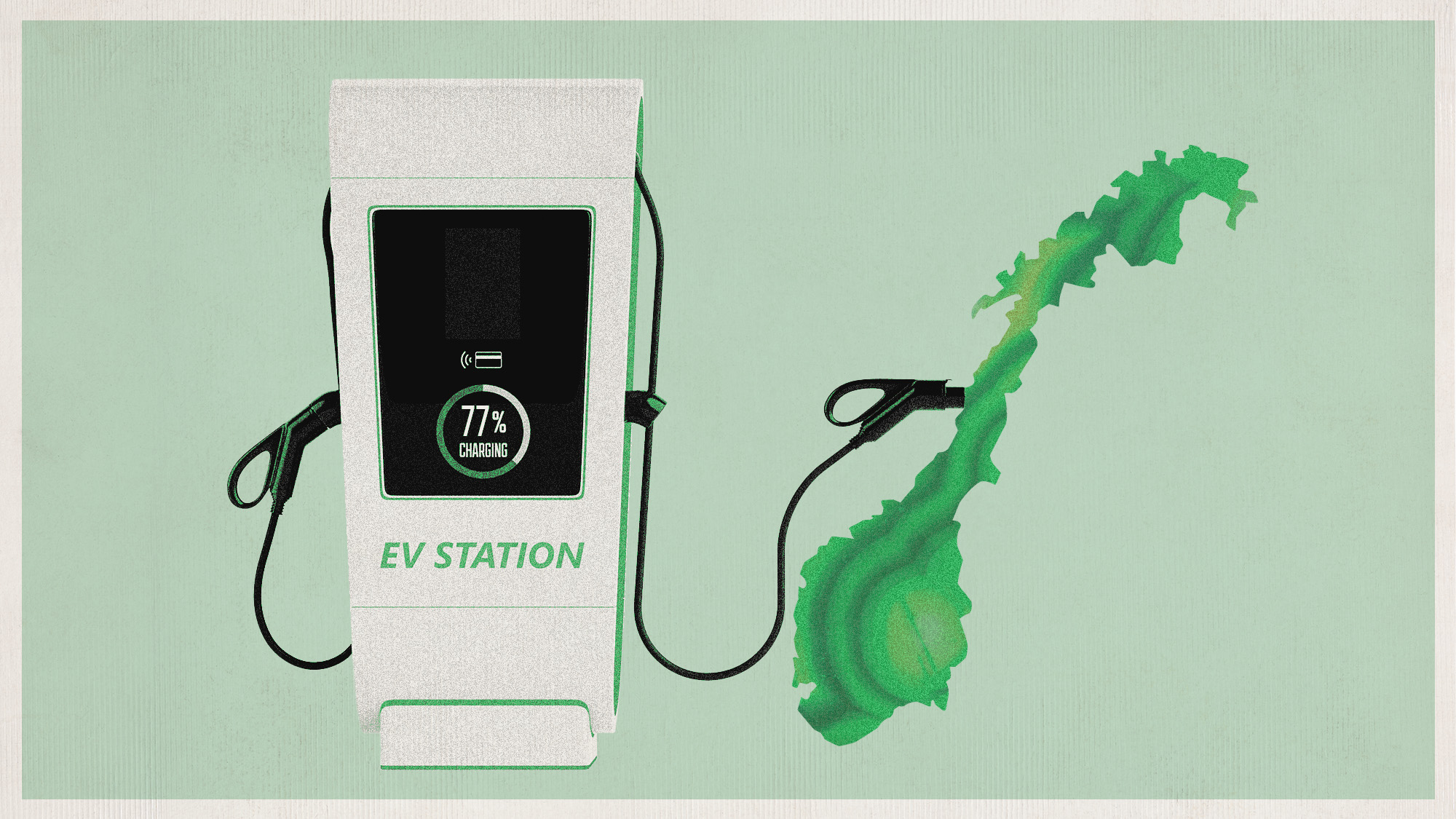 How Norway became an electric vehicle pioneer
How Norway became an electric vehicle pioneerUnder The Radar Early adoption, incentives and political consistency have helped Scandinavian nation race ahead
-
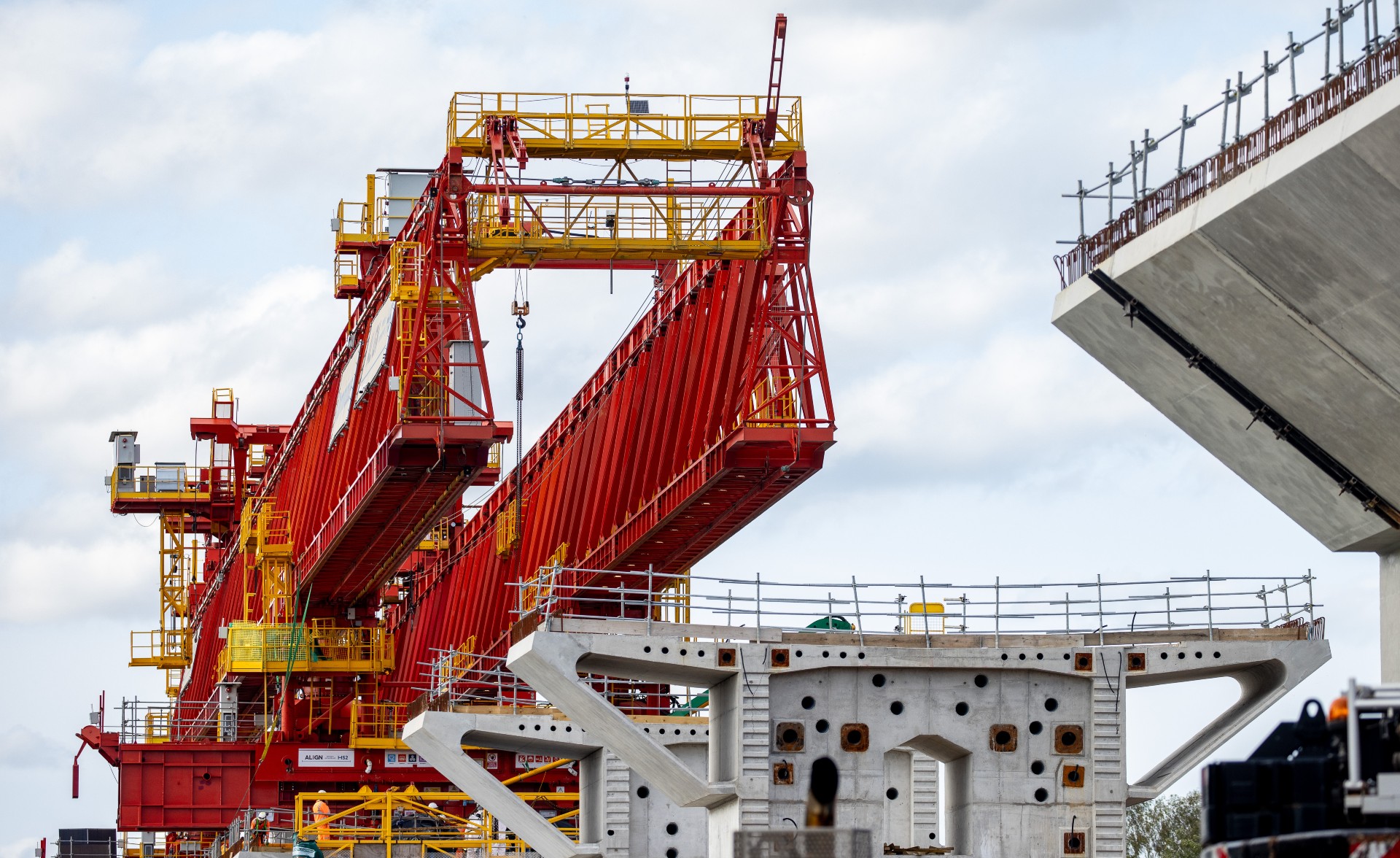 HS2: a runaway train
HS2: a runaway trainTalking Point PM may cut Manchester to Birmingham line of beleaguered rail project due to spiralling costs
-
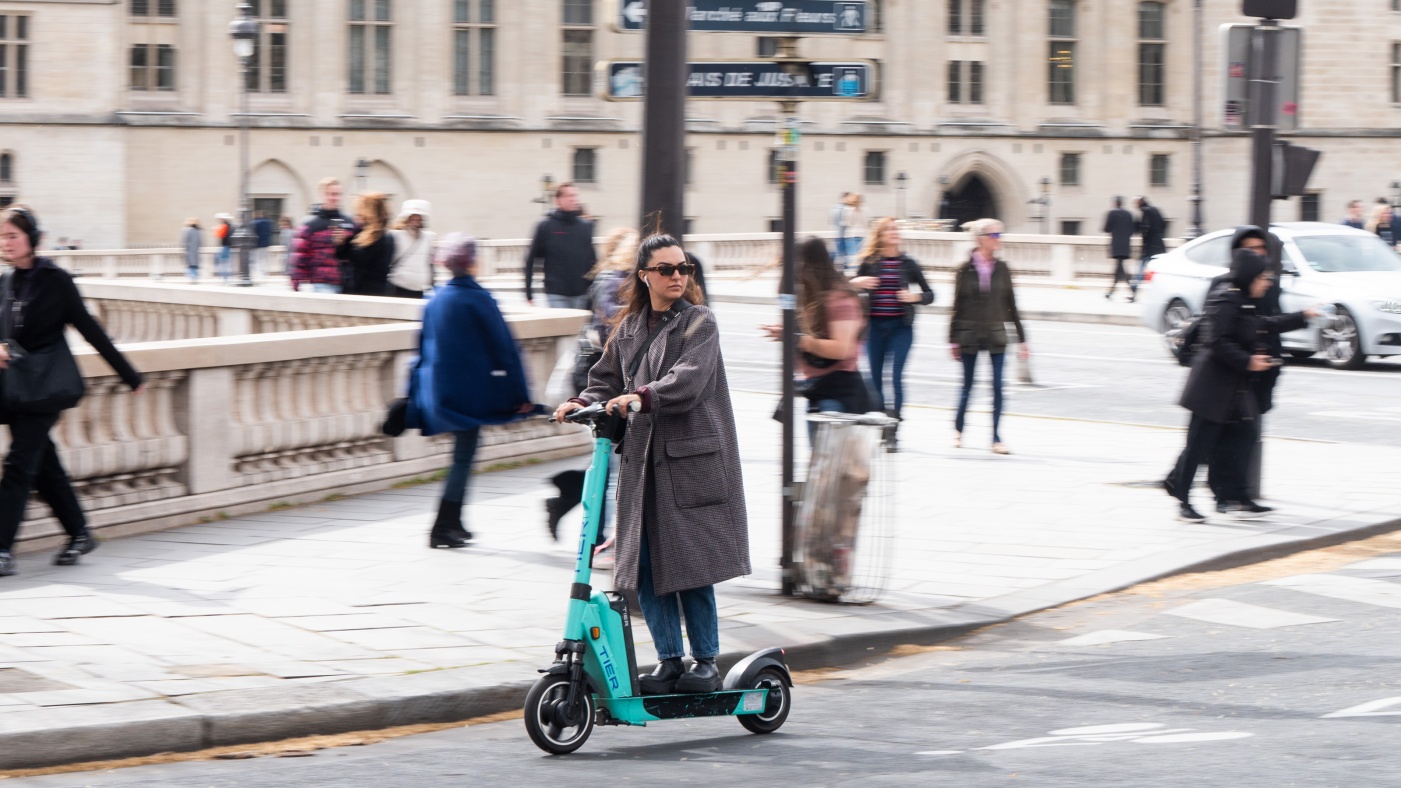 Paris bans e-scooter rentals
Paris bans e-scooter rentalsTalking Point Electric vehicles were popular with younger residents but older Parisians swung the crucial referendum
-
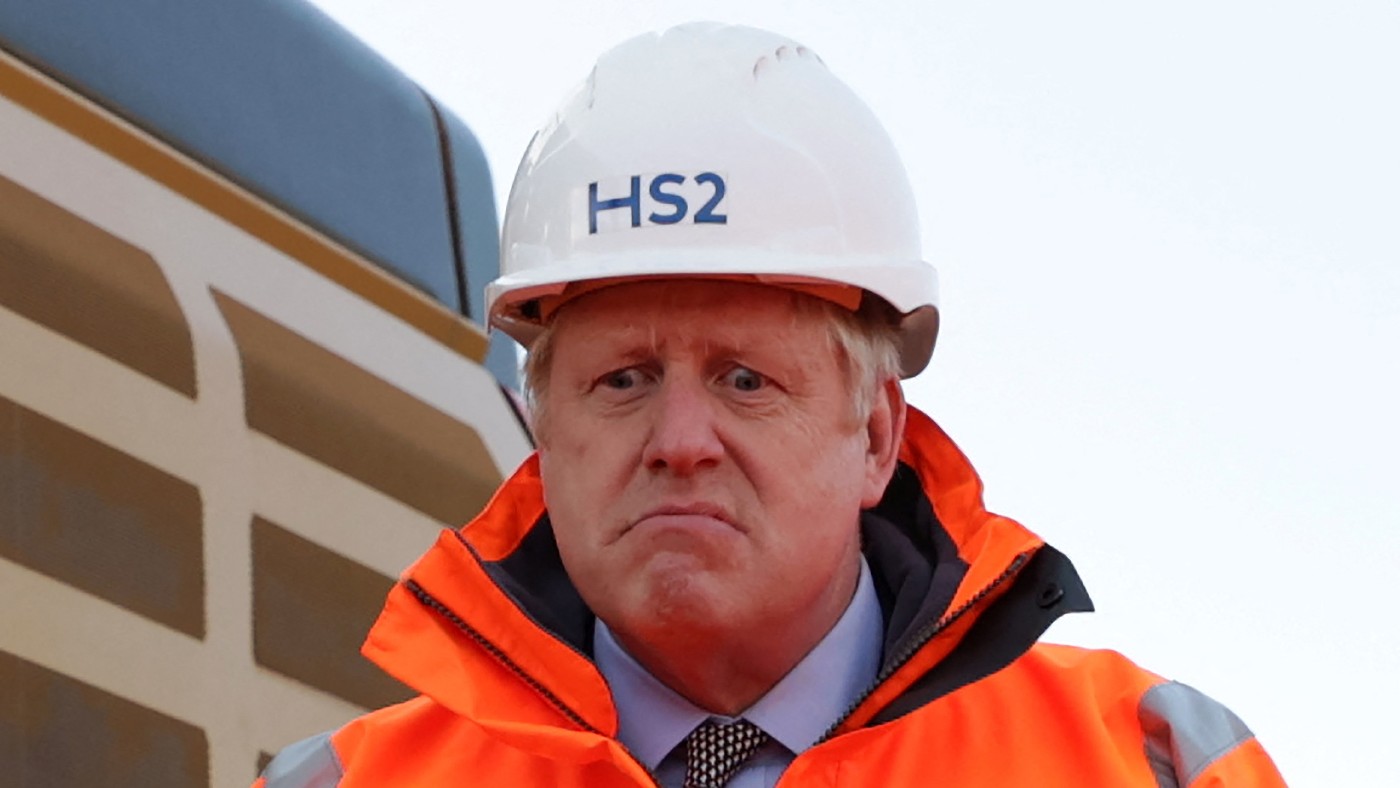 HS2: is this the end of the line?
HS2: is this the end of the line?Talking Point The costs of the track have steadily risen even as the potential gains have diminished say detractors
-
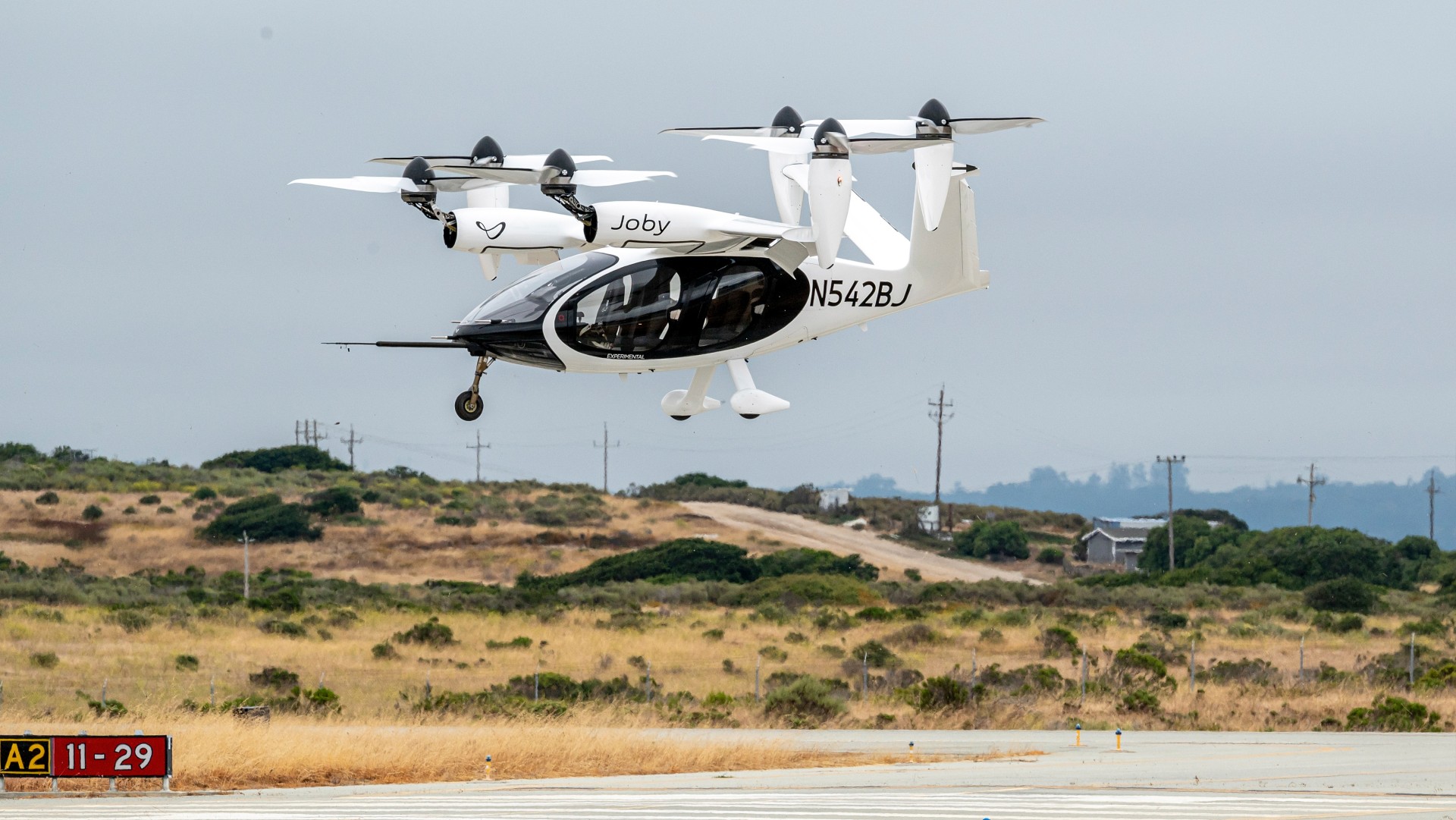 Electric flying taxis: pie in the sky or climate panacea?
Electric flying taxis: pie in the sky or climate panacea?Talking Point Race is on to develop ‘quieter, cheaper and emission-free aircraft’ that can land in city centres
-
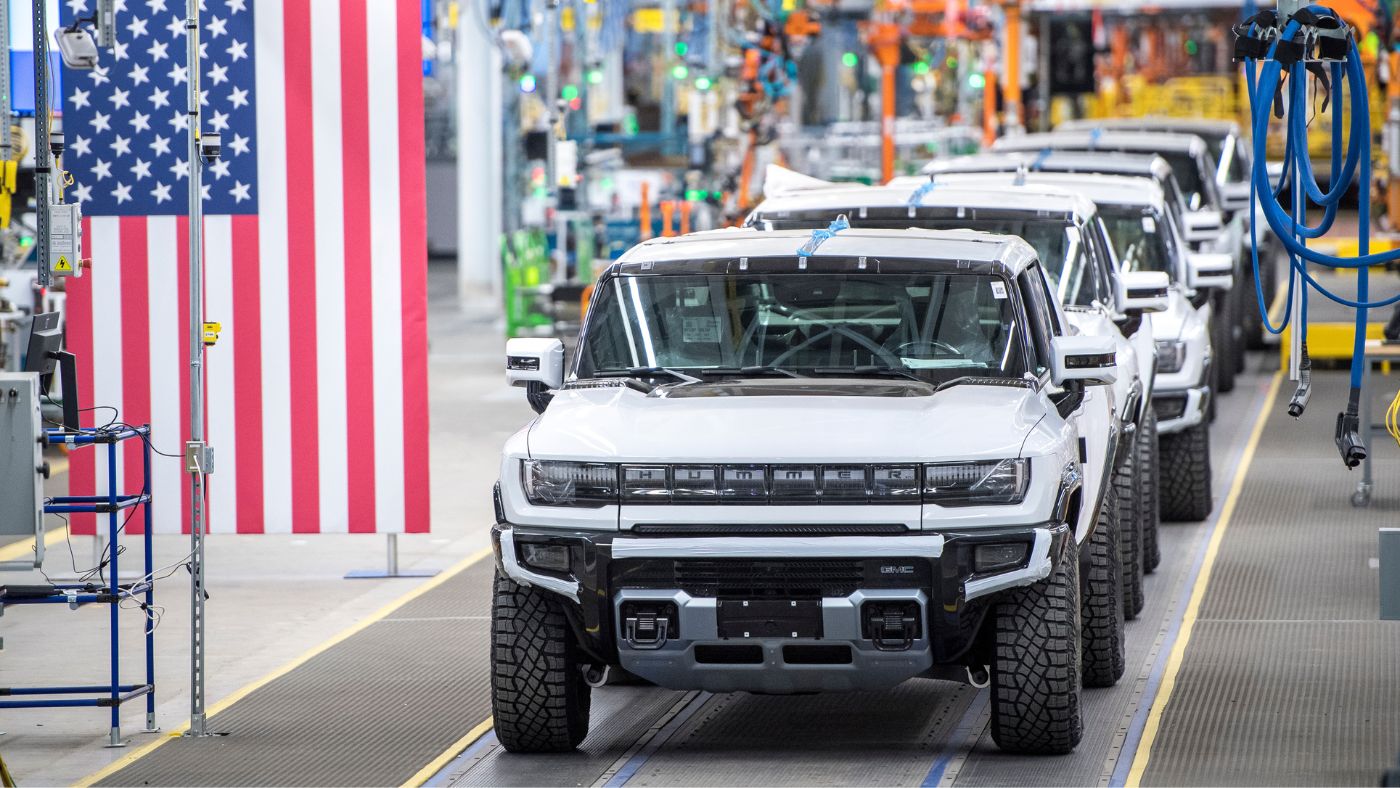 Going electric: the drive to turbocharge a car revolution
Going electric: the drive to turbocharge a car revolutionTalking Point The US EPA has imposed regulations on car makers to increase production of electric vehicles
-
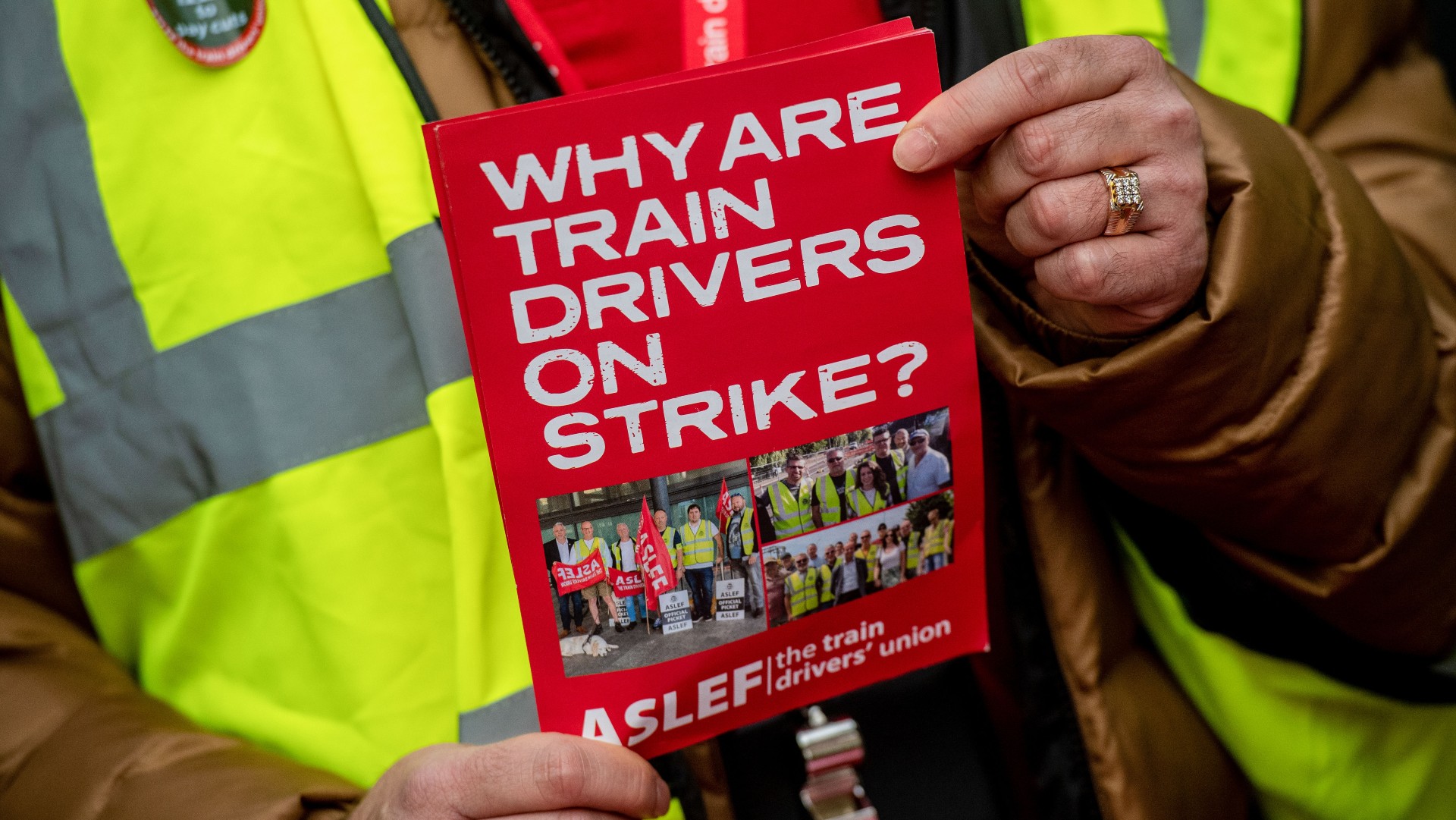 Rail strikes: whose side is the public on?
Rail strikes: whose side is the public on?Talking Point Opinion split over who is to blame for month of train disruptions following failed talks between transport officials and unions
-
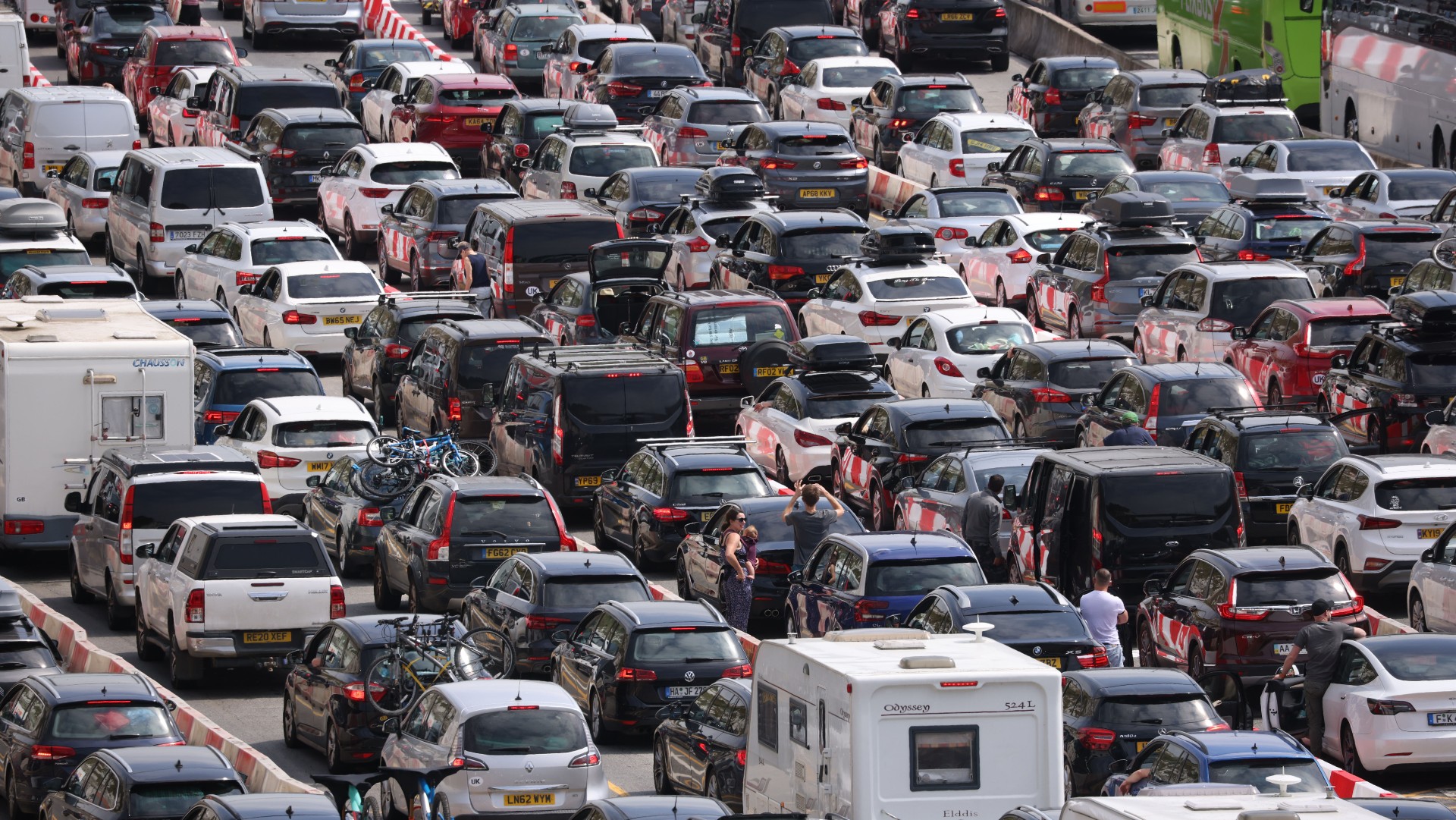 Is Brexit to blame for Dover chaos?
Is Brexit to blame for Dover chaos?Talking Point UK and French officials in war of words as holidaymakers hit by long delays